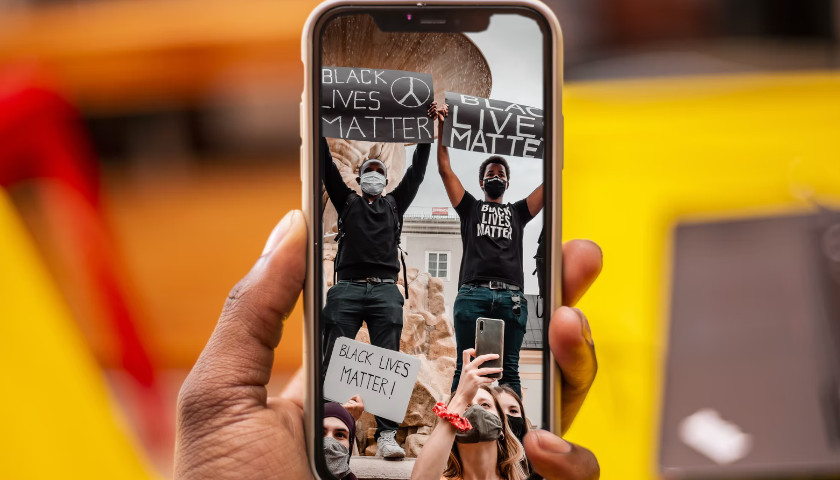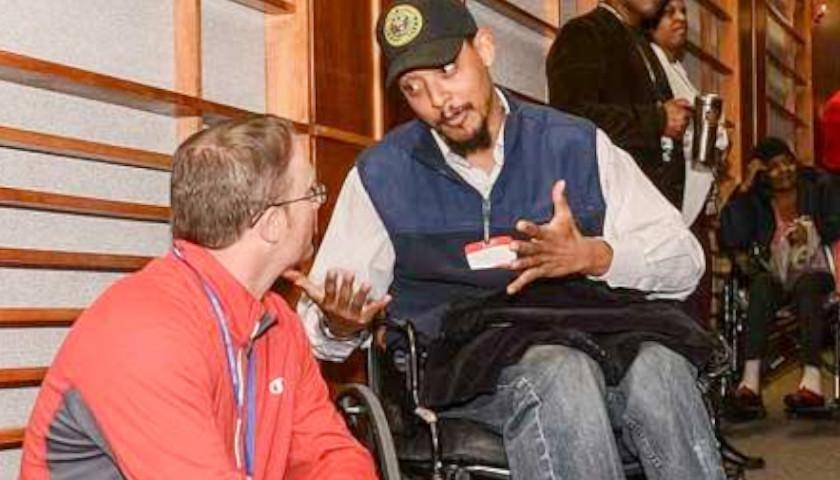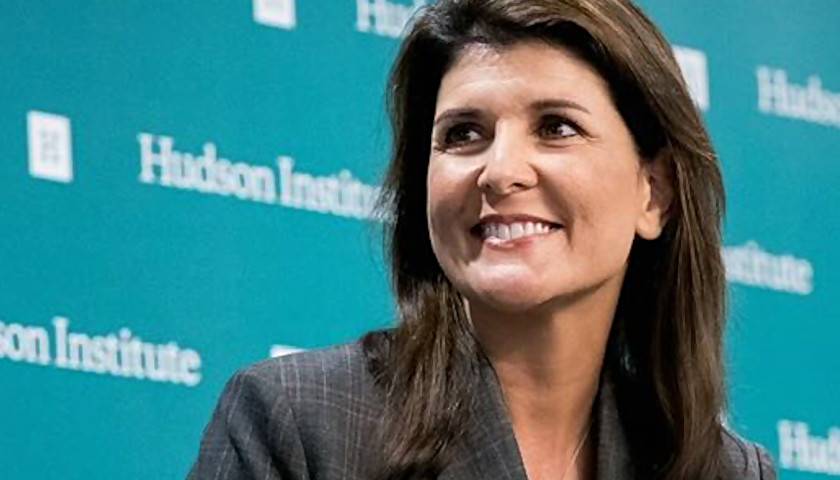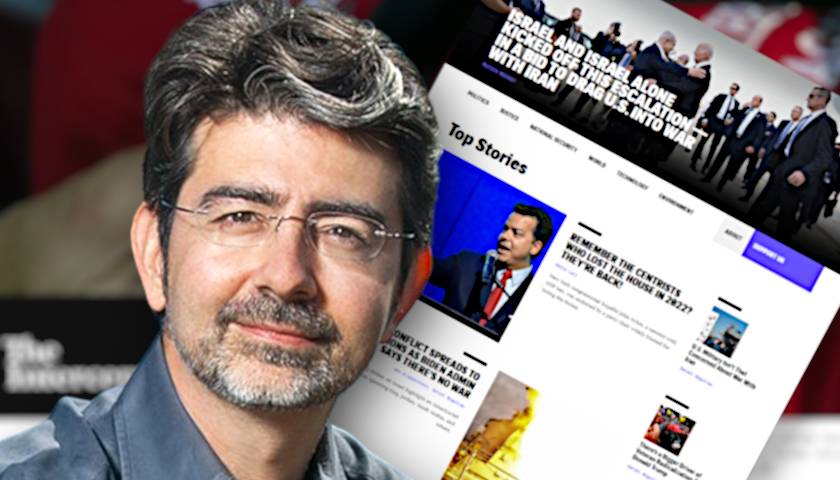Twitter implemented a new safety initiative Tuesday that has caused confusion among many of its users.
“In addition, you may not share private media, such as images or videos of private individuals, without their consent,” the company said in a blog post. “However, we recognise [sic] that there are instances where users may share images or videos of private individuals, who are not public figures, as part of a newsworthy event or to further public discourse on issues or events of public interest. In such cases, we may allow the media to remain on the platform.”
Some read the new guideline as a ban on sharing videos and photos taken at public protests or riots, which would significantly hamper independent media reporters who report live from those scenes.
But Twitter spokesman Trenton Kennedy told The Tennessee Star that that is not the case, noting that “this is about sharing an image of someone else without their consent.”
He directed The Star to language in the new rule that says the subject of the private media must file a complaint with Twitter to have it removed.
It also says that when Twitter is “notified by individuals depicted, or by an authorized representative, that they did not consent to having their private image or video shared, we will remove it.”
Still, the policy remains largely subjective.
“We will take into consideration whether the image is publicly available and/or is being covered by journalists—or if a particular image and the accompanying Tweet text adds value to the public discourse—is being shared in public interest or is relevant to the community,” the rule says.
For example, some claim that independent reporter Andy Ngo, known for tracking Antifa riots nationwide, is not a journalist. Under the new rules, Twitter gets to make that decision. It also gets to define what is “relevant” and what isn’t.
Kennedy declined to comment on how the new rule was devised, but it comes just one day after the company appointed former Chief Technology Officer Parag Agrawal to be its new chief executive officer.
He also declined to comment on Agrawal’s commitment to the First Amendment, which was called into question after reports surfaced of a 2020 interview during which Agrawal said Twitter’s job is “not to to be bound by the First Amendment,” and whether will Twitter plans to increase censorship on the app.
Mike Davis, the founder of the Internet Accountability Project (IAP), thinks that is exactly what Twitter is planning to do.
“It’s clear that Twitter is already moving in a more pro-censorship direction under the leadership of its new CEO,” he said in a statement. “This new policy is both vague and overly broad, with penalties up to permanent suspension, which will chill free speech and free press. It’s difficult to see how this new standard wouldn’t apply to many of the Hunter Biden documents found on his laptop or video of looters in Democrat-run cities. This seems designed to strengthen Twitter’s power to silence conservative activists, journalists and whistleblowers and censor information that is of public interest but politically damaging to Democrats.”
– – –
Pete D’Abrosca is a contributor at The Tennessee Star and The Star News Network. Follow Pete on Twitter. Email tips to [email protected].




